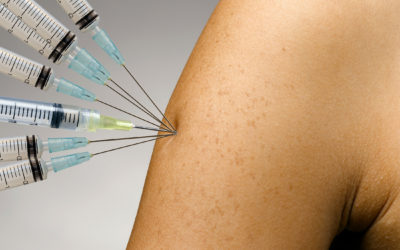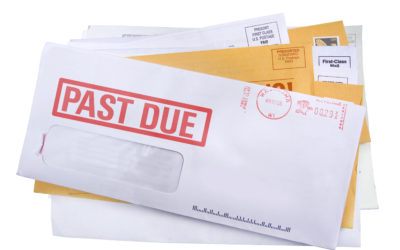Touted Hangover Cure Not All It’s Made Out To Be
Date: August 27, 2020
Summary: If you are willing to take a tablet each hour you drink, a rather inconvenient dosing schedule, you might feel less of a hangover the morning after. At least that is what an inconclusive Finnish study suggests. The hangover “cure”, touted as 1200mg of L-cysteine, is not as magical as it sounds.
A study published in the journal Alcohol and Alcoholism by Finnish researchers at the University of Helsinki and the University of Eastern Finland touted a “cure” to hangovers.
The main hypothesis for the study was that the oral administration of L-cysteine leads to the elimination of acetaldehyde in the body. Acetaldehyde is the compound of alcohol that produces harmful hangover effects.
The study tested an amino acid called L-cysteine to prevent alcohol aftereffects. L-cysteine can be found in protein rich foods like meat, dairy and nuts and also in supplement form. The study specifically used Catapultcat’s L-cysteine + vitamin supplement.
A dose of 1,200 mg of L-cysteine (blue dots, below) showed that it reduced nausea (A, below), headache (B, below) and hangovers (C, below).
The 3 graphs below show correlation between L-cysteine and drinking related symptoms that were recorded the morning after drinking. The 600mg dose of L-cysteine (purple dots, below) had a smaller effect on these symptoms, compared to the dose of 1200 mg.
Compared to placebo, the 1200mg dose of L-cysteine (blue dots) showed significant differences from placebo (red dots) in
- nausea (p = 0.013)
- headaches (p = 0.01)
- hangovers (p = 0.043)

Study Shortcomings
The study enrolled 27 participants (19 men and 8 women). However, full data was not collected from any of the 8 women, as a result of factors such as not attending all 3 drinking sessions. As a result, the data above is inconclusive for women. A study with a sample size of 19 male participants is difficult to fully rely on.
Dosing of the L-cysteine supplement was taken each hour during alcohol consumption. This dosing regimen is inconvenient and seems more of a preventative measure, than the “cure” it was touted as.


